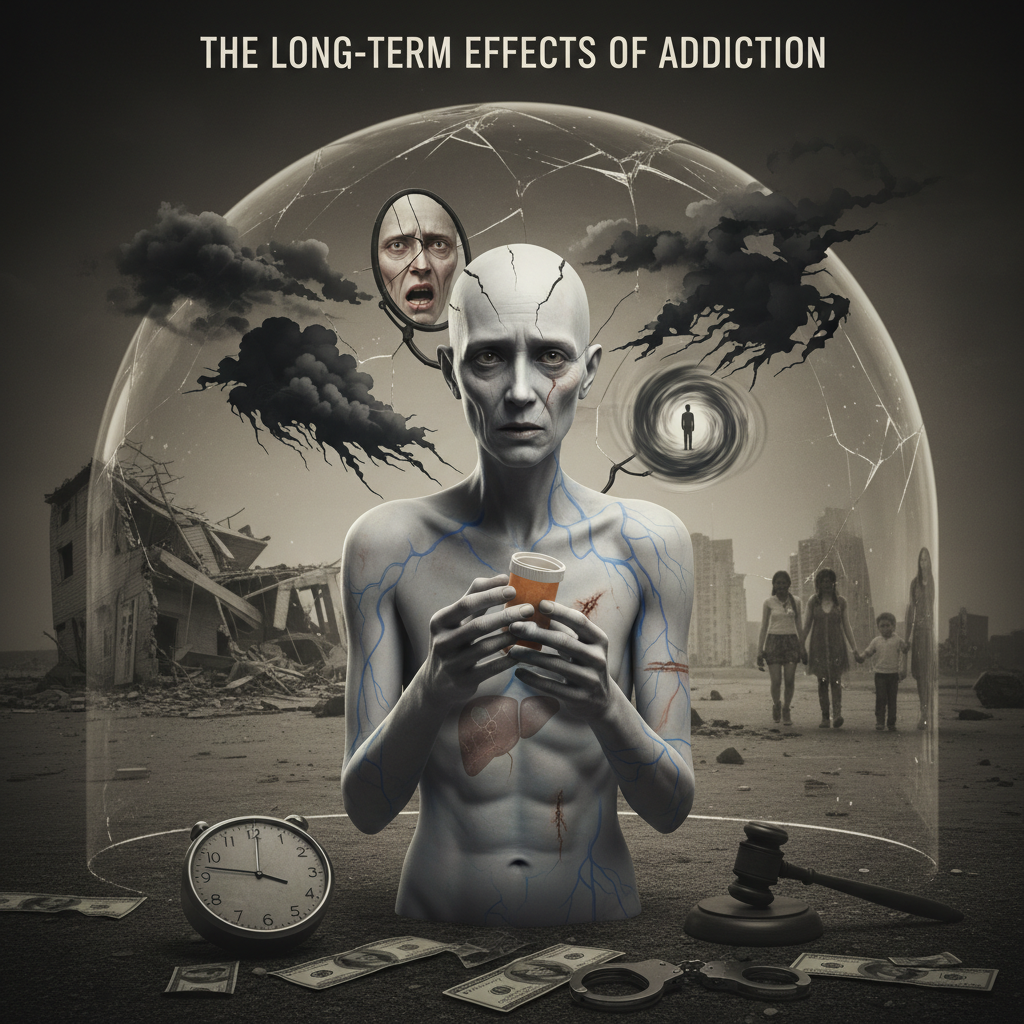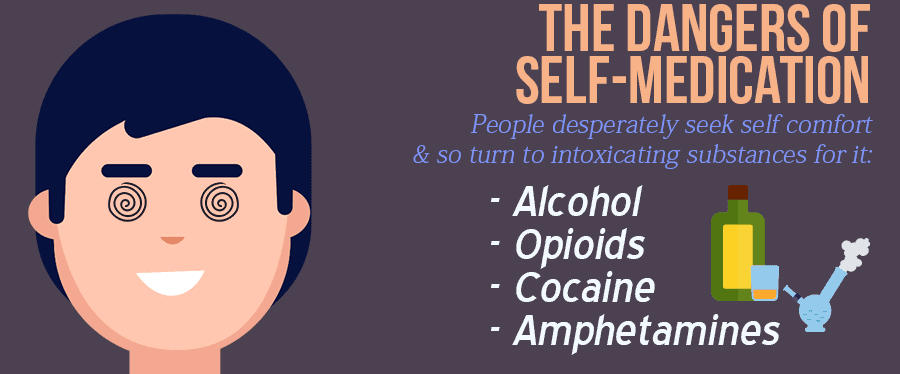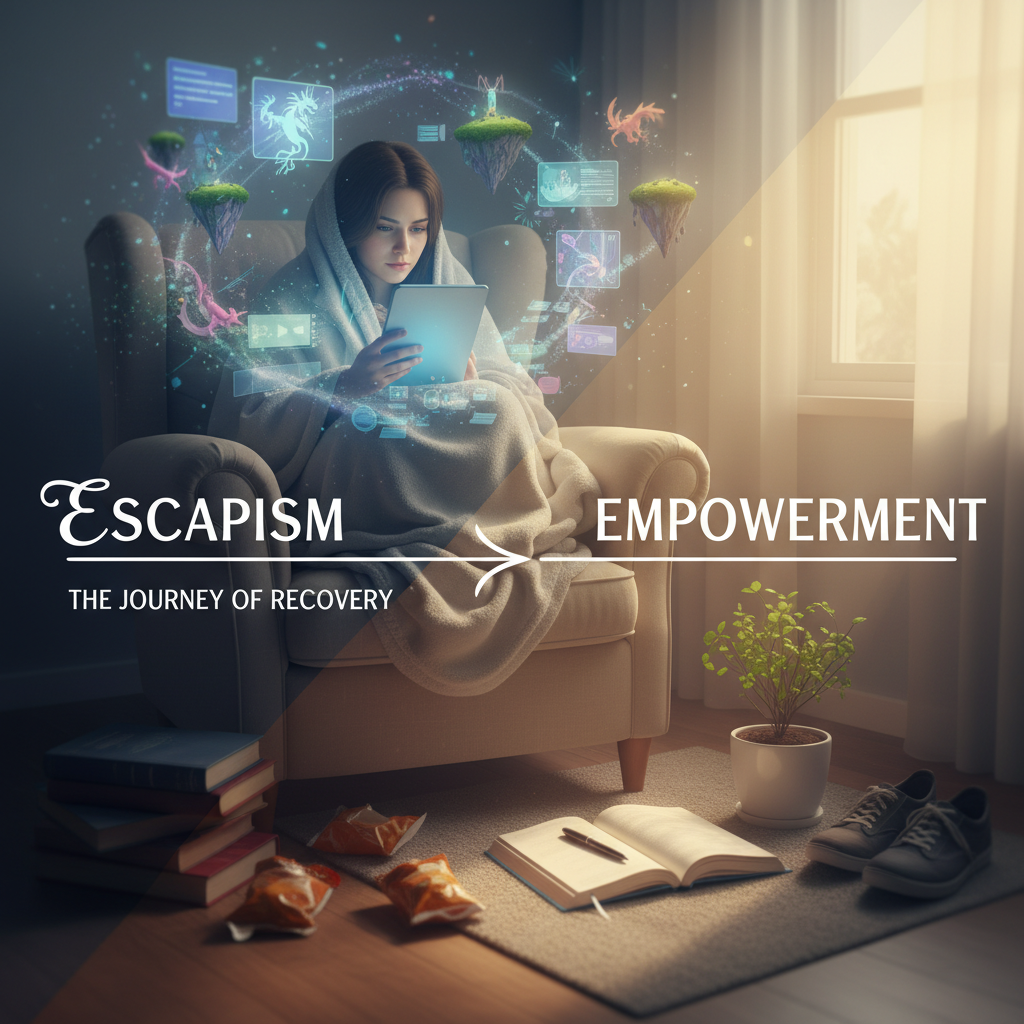Recovery Begins with Self-Love
Your adventure to recovery isn’t just a process; it’s an act of self-love at every step. Whether you’re coming back from a tough spot emotionally, mentally, or physically, the real power in healing starts with learning how to treat yourself with kindness. I’ve found that building a foundation of self-love can shape the whole experience, … Read more









